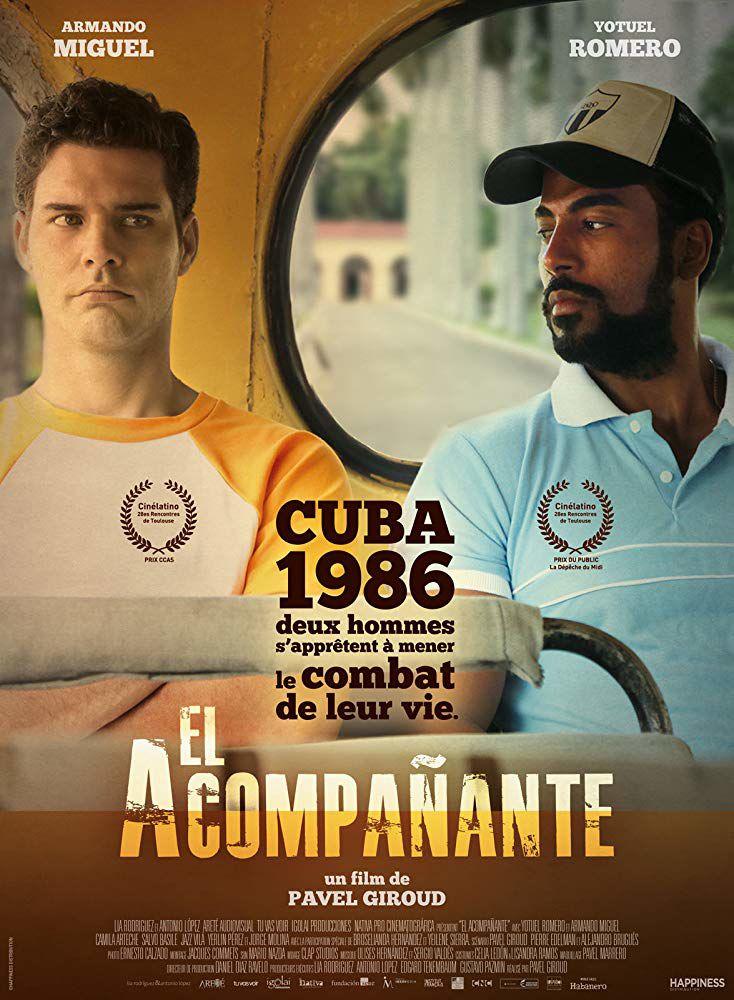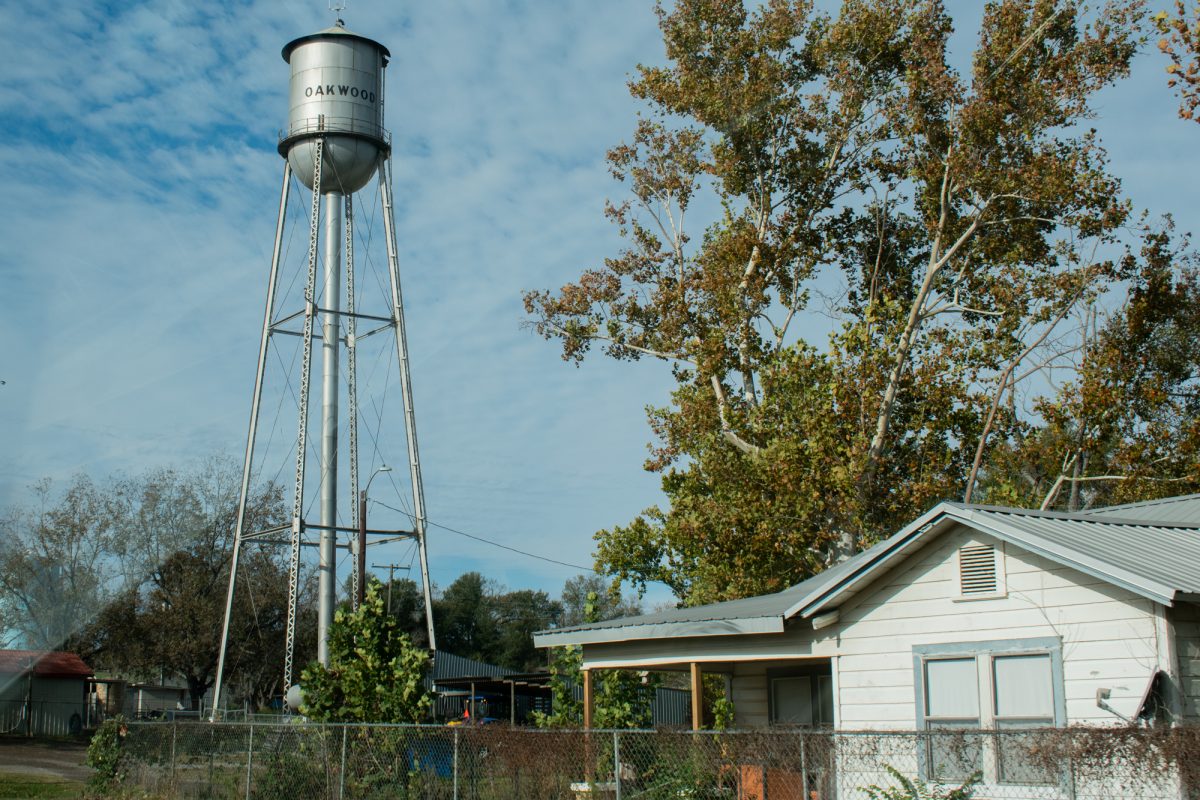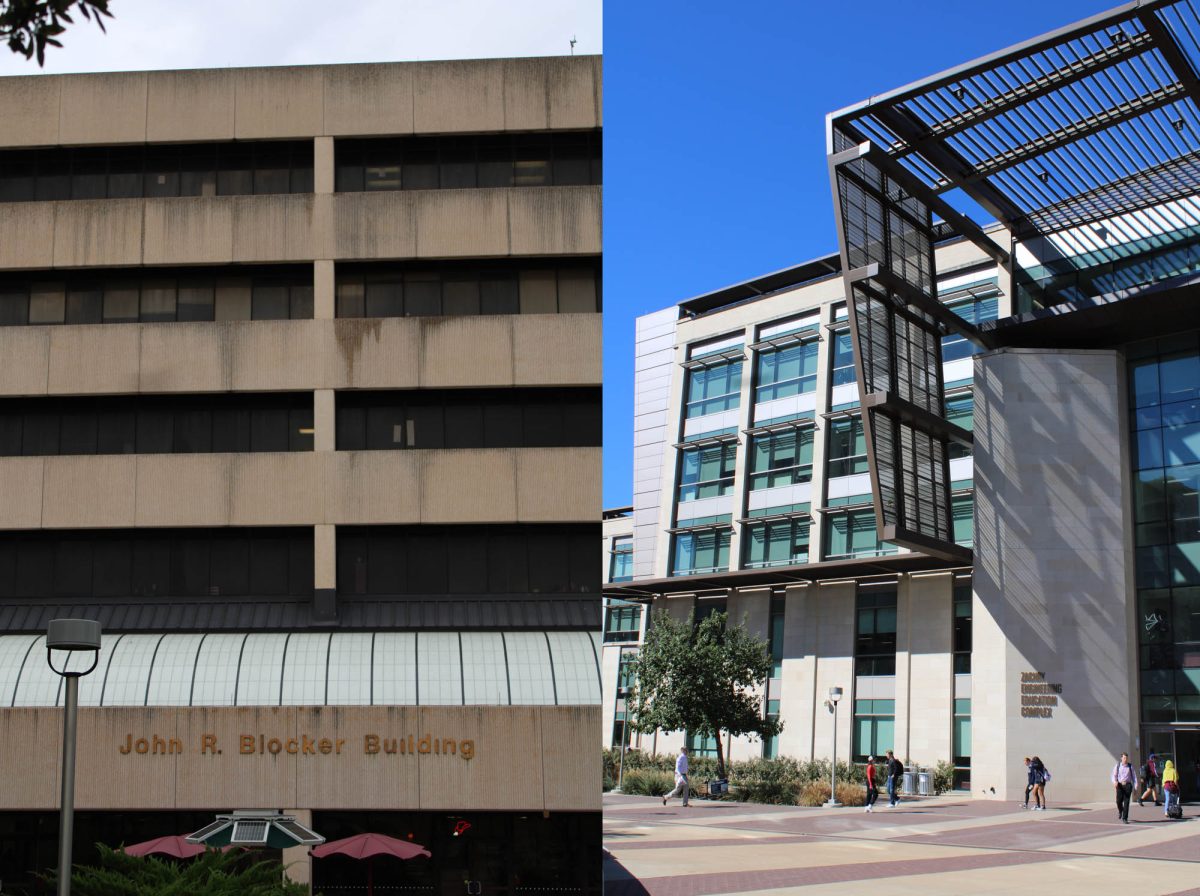The Department of Hispanic Studies presents the Hispanic Film Series, which screens Latin American films throughout the semester. The next film to be shown is “El Acompanante” (“The Companion”) which will be screened at on Monday, Feb. 4.
“El Acompanante,” directed by Pavel Giroud, depicts the heartbreaking tale of the adversity that HIV and AIDS patients faced during the Cuban AIDS epidemic in the 1980s. During this period, most of the HIV and AIDS patients were forced to live on the outskirts of the island in sanitariums. In addition to forceful containment of those affected by the disease, each patient was designated a “companion” who was to look after them at all times and report to the sanitarium staff if they were living in accordance with the unjust rules set in place.
“El Acompanante” is the story of one of these many forced relationships that took place during this era. After failing a doping test, a widely popular Cuban boxer named Horacio is forced to serve as a companion to the rebellious Daniel Guerrero. As the story progresses, Giroud uses this relationship as an agent to unveil multiple, horrific aspects of this period in Cuban history, and to convey the sense of rejection that those affected by HIV and AIDS felt in Cuba during this time.
Although the film is full of instances that provide more context for the events of the period, Giroud does attempt to follow too many subplots. There are instances where the relationship between Guerrero and Horacio is halted for a few scenes to discuss the corruption of the system for choosing who goes to prison and who goes to the sanitariums. While these scenes are important to the overarching narrative of Cuba in the 1980s, these instances draw attention away from the central story of the film.
That said, the relationship between Guerrero, played by Armando Miguel, and Horacio, played by Yotuel Romero, creates a perfect depiction of the prejudices against HIV and AIDS patients during this time, and shows that even when faced with overwhelming evil, human connection remains the most important aspect of humanity. Despite the horrors of their environment, Horacio and Guerrero spark a friendship that guides them in their survival throughout the film.
Both Romero and Miguel are fantastic throughout the film, each bring life to their characters in an effortless, yet meaningful manner. The screen presence that each of the actors naturally have is captivating, and Giroud certainly makes the most of their natural chemistry. Giroud could’ve focused his film on depicting in graphic detail the horrors that the Cuban government put HIV and AIDS patients through, yet he chose to focus on this friendship. This directorial decision pays off often and provides the audience with one of the best on-screen chemistry in recent memory.
Despite a few of the film’s distracting tendencies, “El Acompanante” is certainly worth a watch. The film, although chosen as Cuba’s submission to the 89th Academy Awards, has never received a proper release in the United States. The Hispanic Film Series provides a great opportunity to see the movie and other incredibly influential Latin American films.
“El Acompanante” will be screened with English subtitles in HECC 100 at 7 p.m. on Feb. 4.
Cole Fowler is an English junior and Life & Arts writer for The Battalion.









